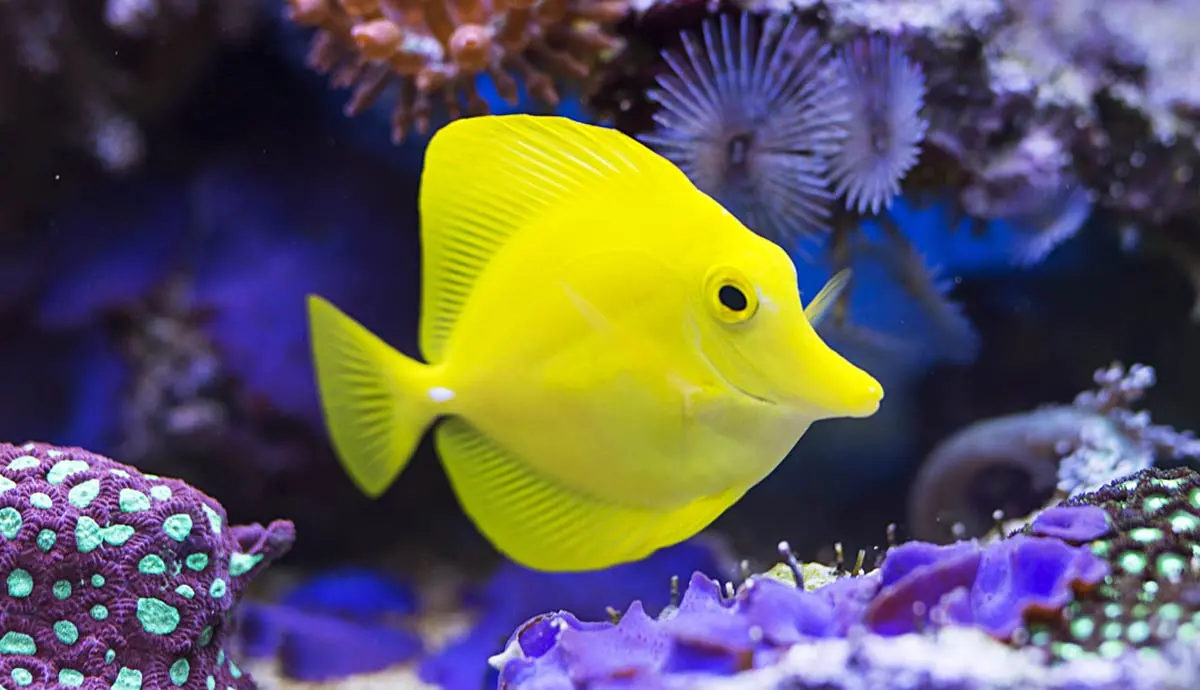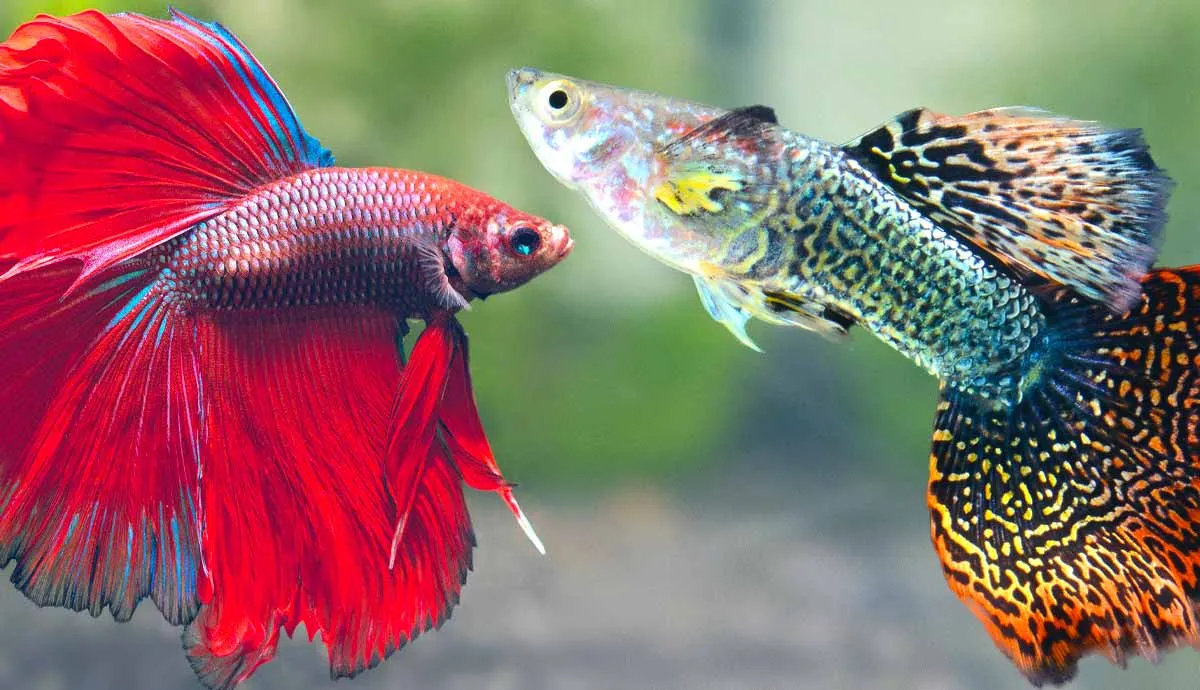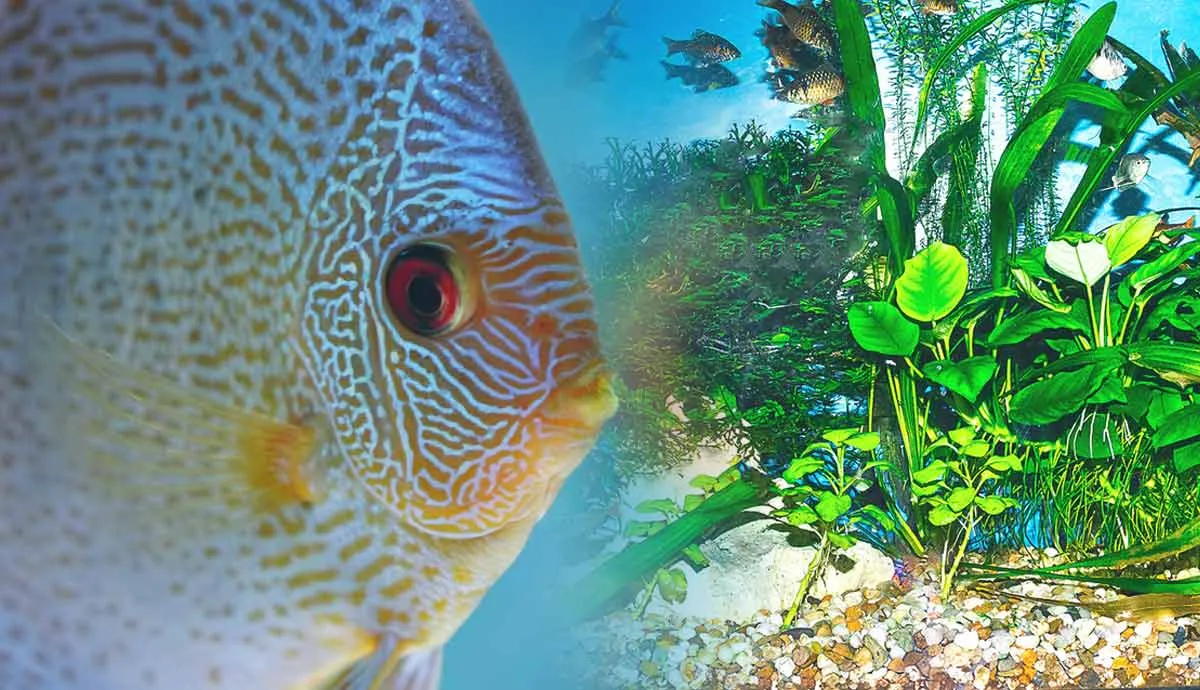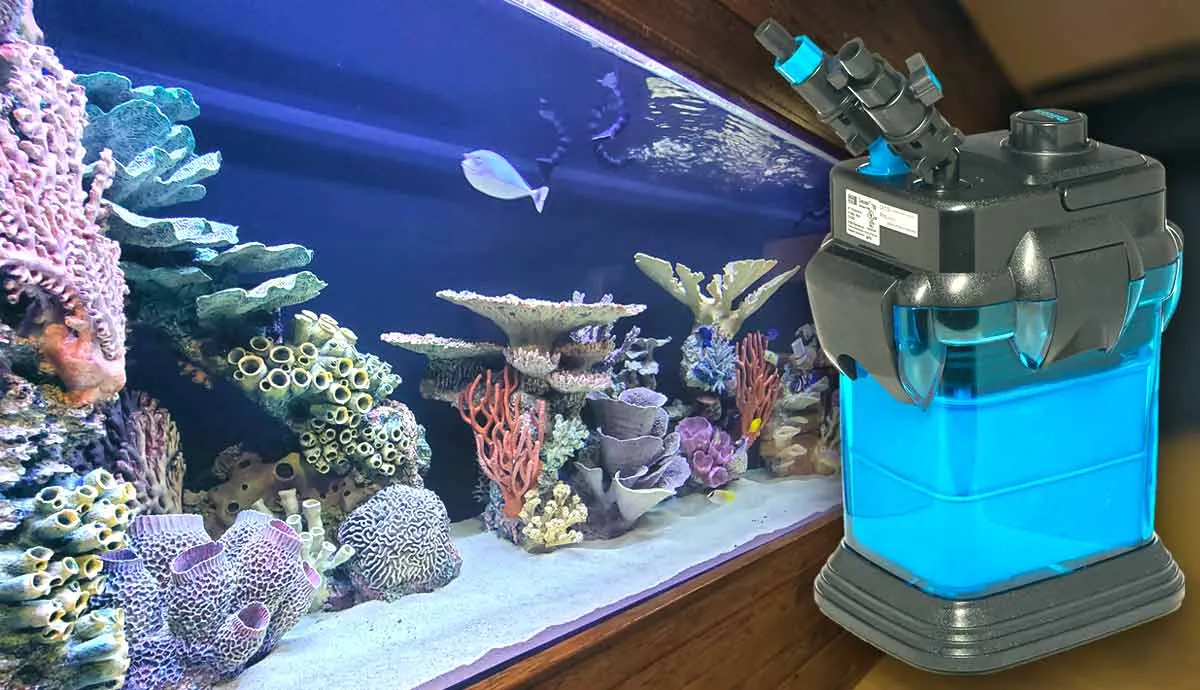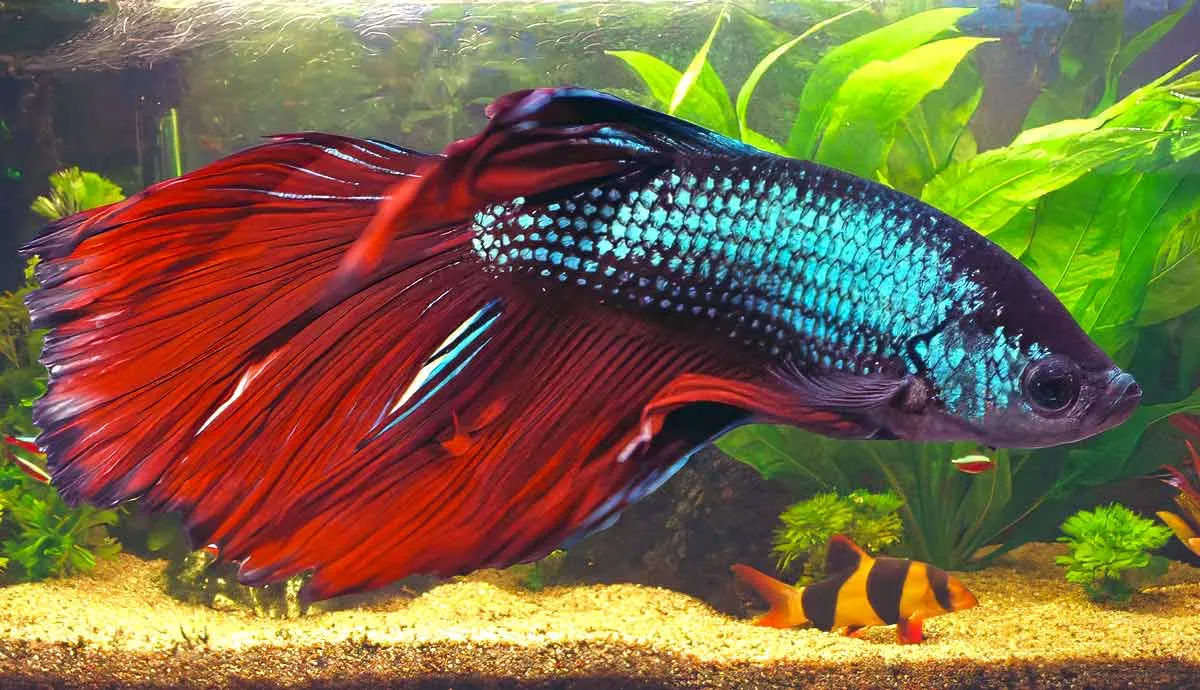When setting up your fish tank, it’s important to provide them with a stable temperature. One of the key questions asked is: do you need a water heater for your fish tank? The answer isn’t straight forward, but most fish owners will have one.
There are a few reasons for that, which we’ll explain later. We’ll also discuss why and when a water heater isn’t required. By the end, you should have a solid understanding of whether or not a water heater is right for your tank.
Do You Need a Water Heater for Your Fish Tank?
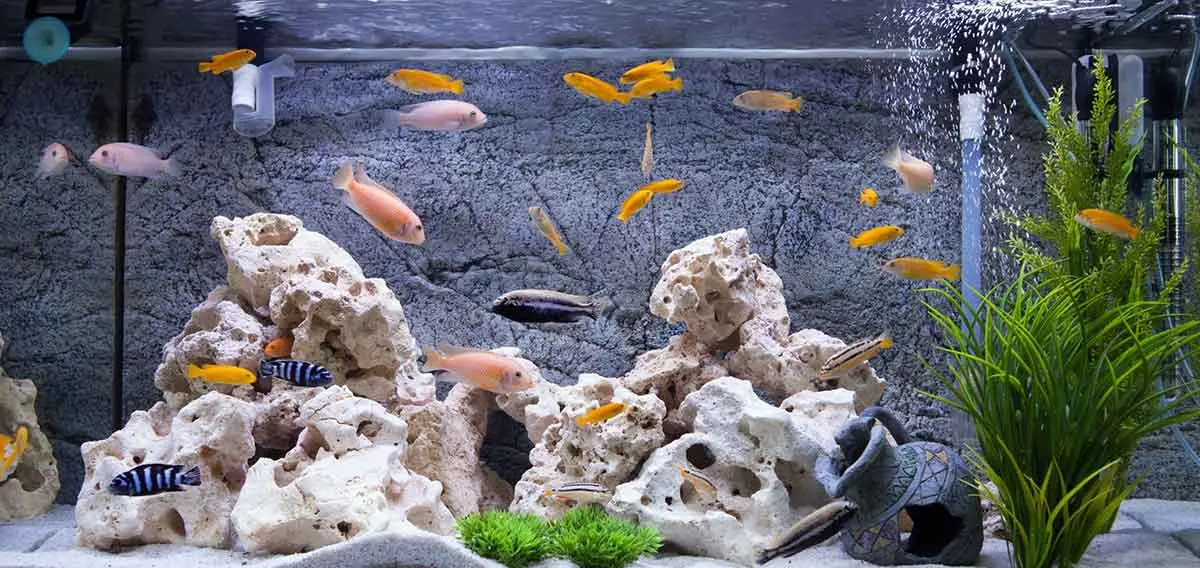
The simple answer is probably. Fish can be loosely divided into two different groups, which are cold water and tropical. As the name suggests, cold water fish don’t need a water heater while topical fish do. Before setting up your fish tank, you need to know what fish you’re going to keep in there.
There are also several fish, such as barbs, which can be kept with or without a heater. The reason why so many aquarists use a heater is that it makes it better to regulate a consistent water temperature and gives you access to a wider number of fish.
One particular example is bettas, which are one of the most popular fish in the world. They require a water heater but in contrast, the also-popular goldfish doesn’t. It’s important to research the needs of the fish you want to keep and ensure you keep them at the right temperature.
Why Do Some Fish Need a Water Heater?
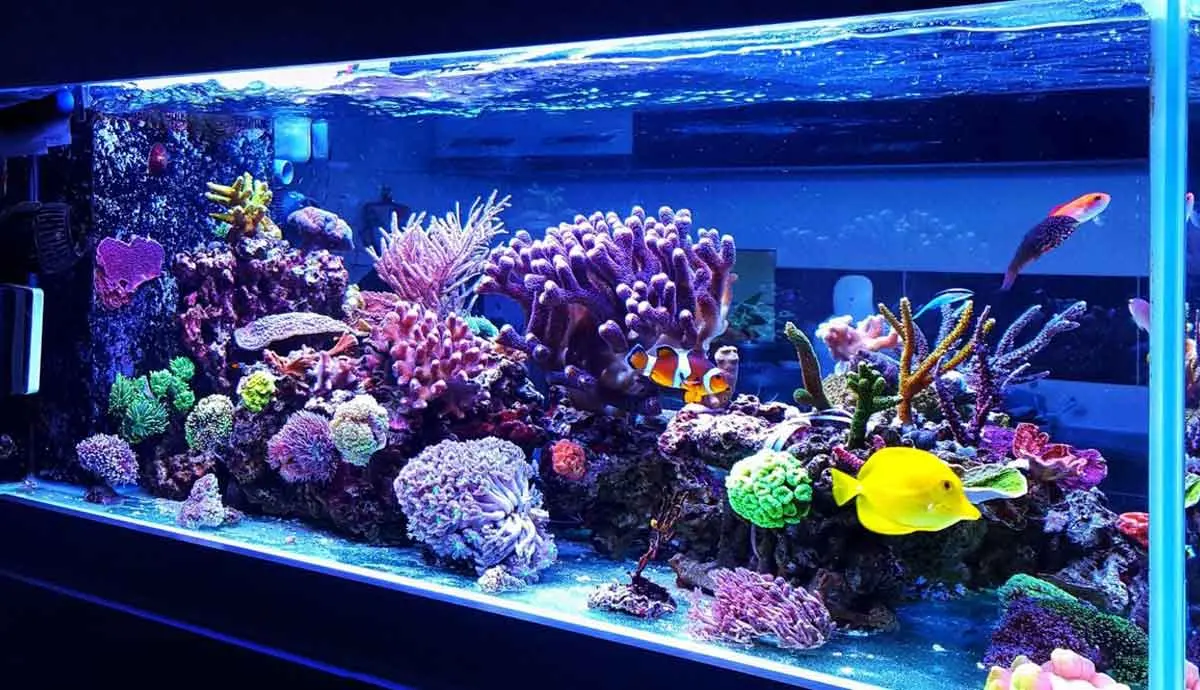
Fish (along with many amphibians and reptiles) are ectothermic creatures. Whereas our human bodies regulate temperature through the likes of sweat and shivering, fish have no such natural responses available to them.
That means they have to be in water that is naturally suited to them to ensure they either don’t overheat or use too much energy trying to stay warm. They only have their surrounding environment to maintain temperature. It’s why many fish would quickly die if released into a pond or stream.
Of course, fish evolved depending on their environment and therefore fish that come from colder climates don’t need a water heater. Fish can help to make us happy and healthy, and we should return the compliment! Simply put, if you want healthy tropical fish, a water heater is non-negotiable.
What Are the Right Water Temperatures for Fish?
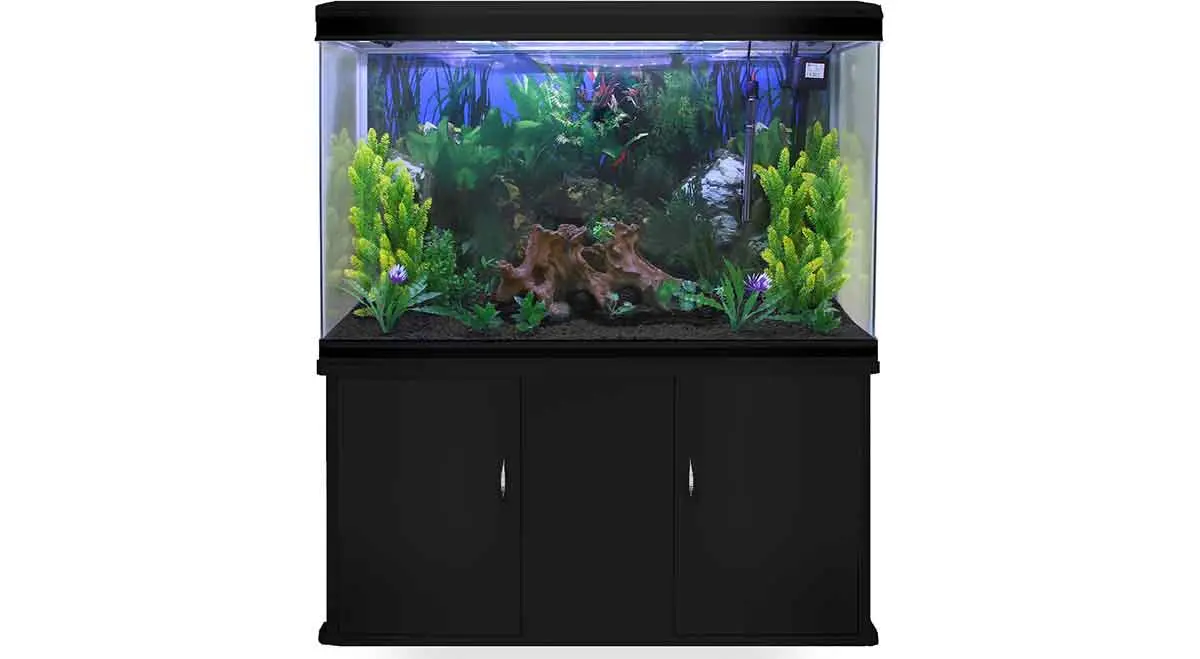
A common misconception some first-time fish owners have is that tropical fish need to be kept in warm water. The fact is if you dip your hands into a tropical fish tank, you’d most likely think that the water was quite cool.
Most tropical fish need a water temperature between 75°F to 80°F (24°C to 27°C). For reference, this is very similar (if not slightly cooler) to what you’ll find in most public swimming pools. For cold water fish, the ideal temperature is usually 60°F to 70°F (15°C to 21°C), but many can happily survive in water a little warmer.
What you may be thinking now is that with room temperature water sitting at around 78°F (25°C), surely there is no need for a heater. The reality is that room temperatures can get much colder than that and are sensitive to outside conditions. On a cold winter day, it may drop well below safe temperatures. Tropical fish are highly sensitive to temperature changes, so it should therefore be regulated with a heater.
Factors Influencing Water Temperature Stability
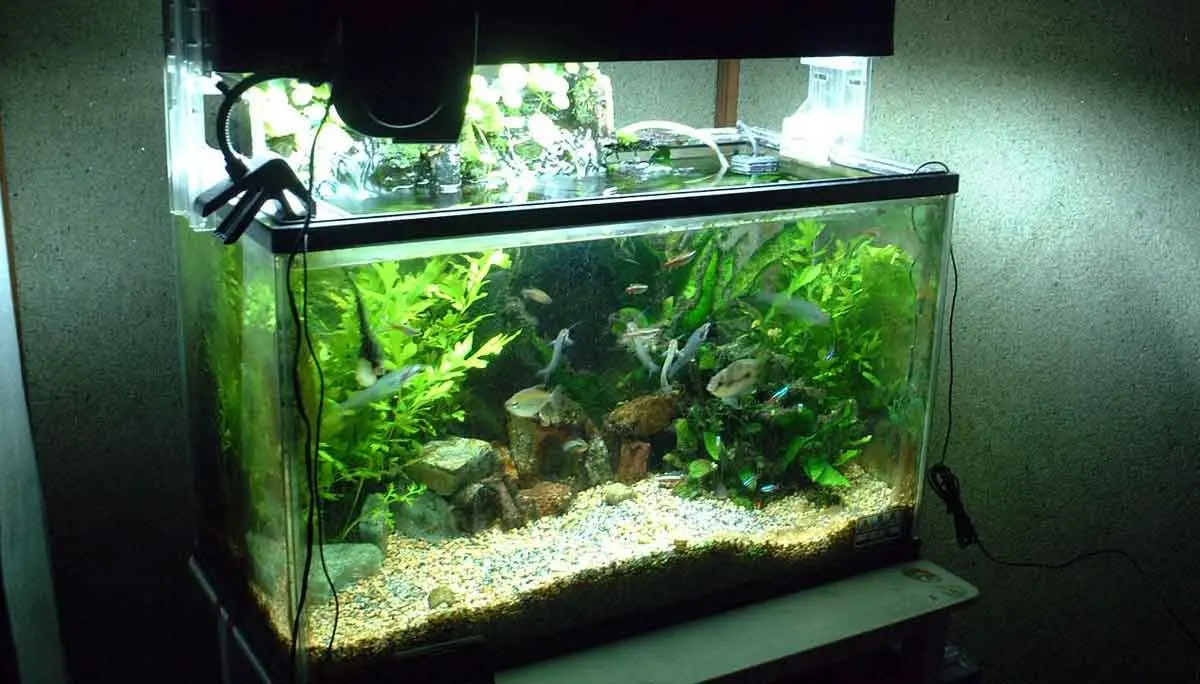
If you’re thinking of going down the cold water route, then it’s important to know the biggest factors that can influence the water stability.
Room Temperature – As we mentioned, this is the biggest factor. If your tank is near a window, it can get heated up quite drastically by the sun. Likewise, it makes it more vulnerable to temperature drops in winter. Sudden changes in temperature can be fatal to your fish.
Tank Size – With having a smaller body of water, small tanks are more vulnerable to heat changes. Larger tanks are more stable but do require more energy to get up to the right temperature.
Lighting – It’s easy to forget the influence lighting can have on water temperature. This includes sunlight as mentioned above but also the lights you’ll most likely have at the top of your tank. Turning these off at night can make the water temperature drop if not regulated.
When Don’t You Need a Water Heater?
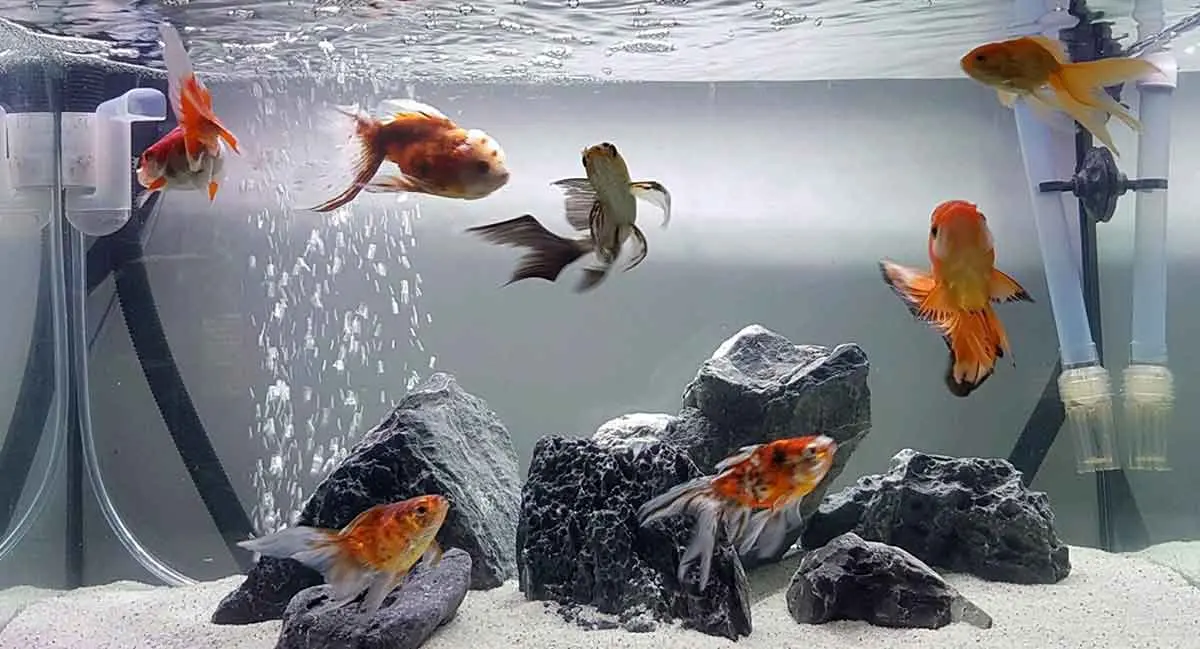
As you can probably guess, we’re fans of using a water heater. However, if you only ever plan on having cold water fish such as a goldfish, then they’re not going to be needed. This limits your options, but it means a simpler set-up and without the cost of a water heater.
You may also get away with not having a water heater if you have a high and consistent room temperature. If your water always stays in an acceptable range for your fish, it should be okay. However, this can be risky and isn’t recommended.
Tips for Using a Water Heater
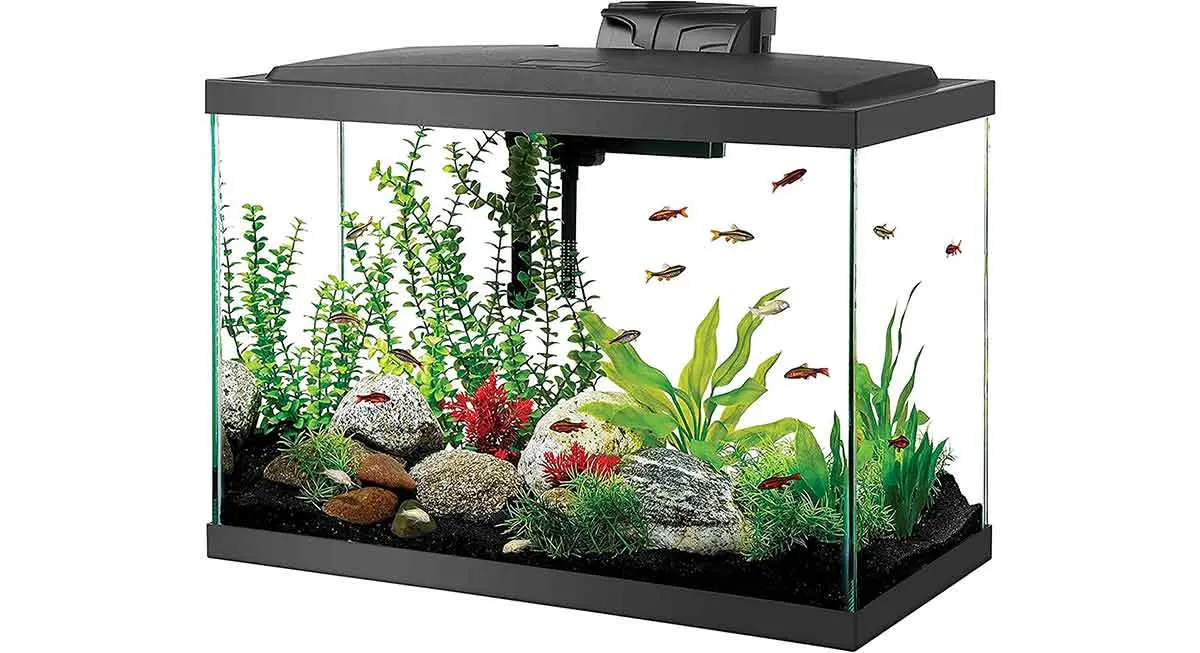
If you’ve settled on getting a water heater, there are a few things you need to know. They aren’t all built the same, and they’re not all suitable for every tank.
Choose the Right Size – Every good water heater will show you the power they have and almost always what volume of water they are suitable for. An undersized heater will struggle to maintain temperature and a large one will simply overcrowd a small tank.
Set the Right Temperature – Don’t just place the heater in the tank and think you’re good to go. Most models will allow you to set the desired temperature and it will then automatically regulate it to that setting. Look at the ideal temperature for the fish you’re keeping and set it to that.
Don’t Let It Do All the Work – During water changes, don’t put in cold water thinking the heater will do its job for you. To avoid cold shocking your fish (and possibly killing them) make sure the water temperature you’re putting in is the same as the water already in the tank.
Positioning – It’s best to place your water heater near the filter. Not only does it look better, but the water flow from it will help to quickly distribute and equalize the temperature.
Routine Maintenance – Inspect and clean the heater to prevent the build-up of algae to maintain its efficiency. Also, use a thermometer to check the heater is doing its job. A thermometer is also useful for water changes.
